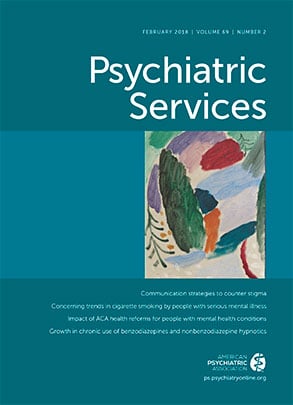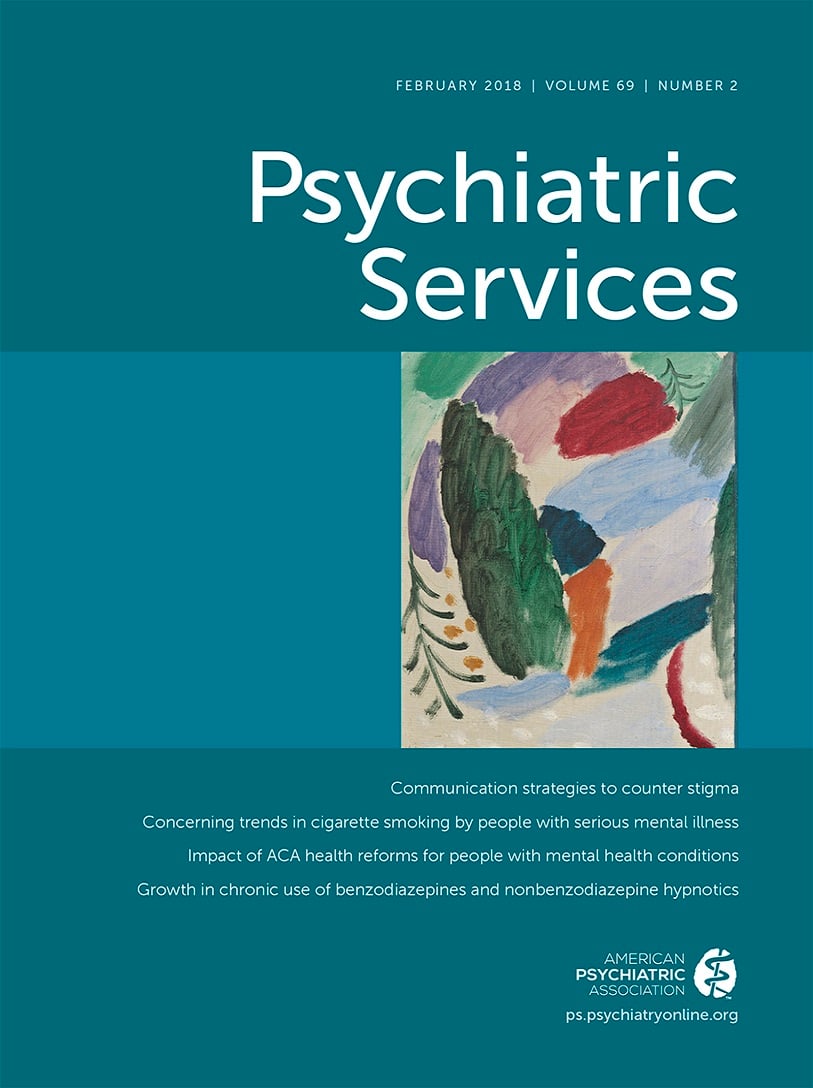Religious congregations are often the first and, at times, the only point of contact for people seeking help for mental illness. As such, churches play a crucial role in providing potential support and connections to professional treatment. Wong and colleagues’ analysis of the 2012 National Congregations Study suggests that a large part of mental health programming occurs within African-American churches. This raises several important questions. Could the expansion of congregation-based mental health services reduce racial-ethnic disparities in the provision of psychiatric services? What types of mental health services are being offered? And does the mental health programming attend to the culturally laden concerns of its targeted demographic group? Reflecting on our NIMH-funded research, we seek to briefly highlight and extend the clinical implications of mental health service delivery among African Americans.
The “Black Church” is traditionally defined as the collection of seven predominantly African-American denominations of the Christian faith. Black churches have a long-standing history of providing social services for members of underresourced communities. Many black churches occupy a trusted societal position, reach broad populations, and focus on health equity. Moreover, according to the Pew Forum on Religion and Public Life’s Religious Landscape Study (2014), African Americans report the greatest degree of religious belief among all the racial-ethnic groups across the United States. Specifically, 97% of all African Americans reported belief in God, with 83% reporting belief in God with absolute certainty. Seventy-five percent of African Americans reported religion was very important in their lives, compared with 53% of people in the general population. Moreover, 83% of African Americans reported that they attended religious services, compared with 69% of the general U.S. population, with 47% attending at least once a week versus 36% of the general population. Taken together, these data suggest that black churches are excellent portals for reaching African Americans to implement mental health interventions.
Our group published the first-ever depression screening study with a validated instrument (Patient Health Questionnaire [PHQ-9]) in three African-American churches in New York City. Participants were recruited from health-related programs at each church. Overall, 19.7% of participants screened positive for depression (PHQ-9 score ≥10), rates consistent with those found in urban primary care settings. We have also conducted focus groups and individual interviews with African-American church-goers, who believed race-related stressors and socioeconomic inequities were root causes of depression. These findings highlight the extent to which the mental health needs of African-American religious community members are unmet and the opportunity to provide mental health support through black churches.
It is striking that African Americans access mental health care significantly less than their Caucasian counterparts. Factors that may contribute to this disparity include a general distrust of mental health care providers, financial constraints, limited access to care, stigma associated with mental illness, and a preference for spiritually informed care. One form that culturally competent care could take would be to reach people where they are—for African Americans, within religious communities. Mental health services offered via religious congregations may help to mitigate feelings of mistrust, as well as support a preferred (religious) coping style. Moreover, group programming, versus individual therapies, not only would enhance the reach of services but also could extend an individual’s social network and provide both social and spiritual support.
From another perspective, combining religiosity and mental health care may prove to be an especially powerful intervention strategy. Previous research by our team has found religiosity to be associated with greater resilience in families at risk for major depressive disorder (MDD). We have found high ratings of personal religious and spiritual importance to be protective against MDD in high-risk families when measured diagnostically as well as biologically. For example, we observed protective effects in potential biomarkers of individuals at high versus low risk for MDD, as indicated in decreased default mode network connectivity, thicker cortices, and greater EEG alpha waves. Moreover, the protective effects were transmitted across generations and extended to suicidal ideations and attempts. In addition, other studies have found protective associations between religiosity and anxiety, substance use, and addictions. Taken together, these findings suggest that there is good reason to harness the potential healing power of religiosity in mental illness, most especially within African-American religious communities. We advocate for the continued development and use of mental health programming in religious congregations, particularly programming that addresses the cultural nuances that shape the needs of African Americans.

